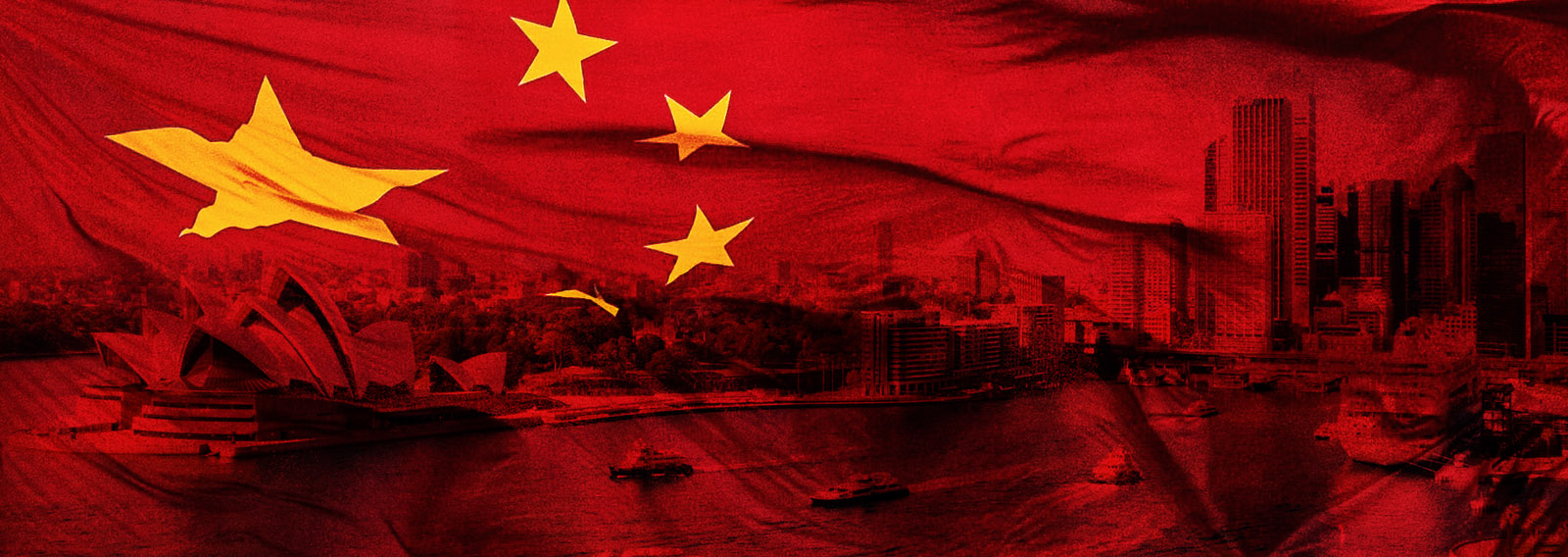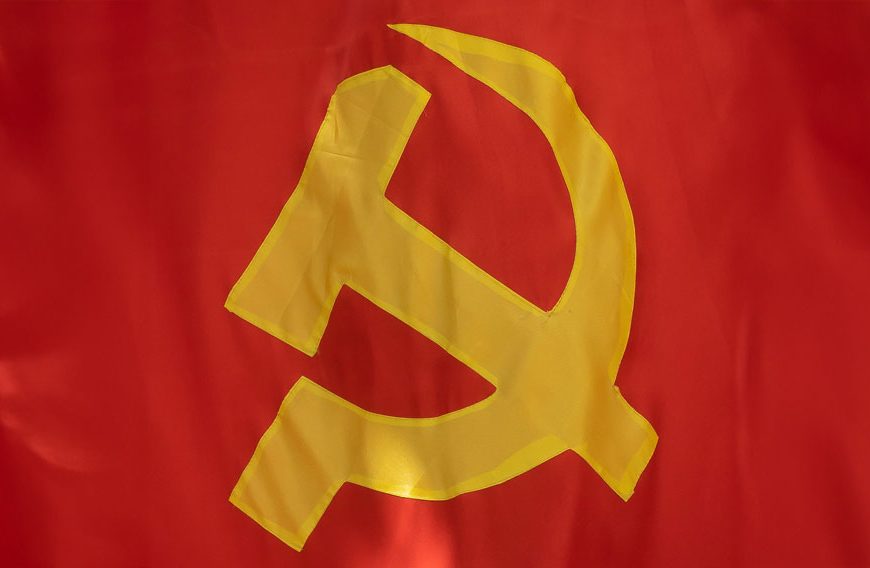A report into Australia’s trade relations which has been a year in the making has now been released and it provides sobering reading on the extent of our reliance on our major trading partner and investor, the People’s Republic of China.
The Joint Standing Committee on Trade and Investment Growth, which I chair, tabled a report titled Pivot in Parliament, this work being the result of an inquiry into Diversifying Australia’s Trade and Investment Profile.
It is worth noting this inquiry began in February 2020, before the impacts of the COVID-19 were felt, so the pandemic was not the impetus for this inquiry. However, the timing was significant because the pandemic threw into stark relief some concerning trends in Australia’s trade and investment profile.
Good advice when investing in stocks and shares is to diversify your portfolio and make sure you don’t have too much stock in any one industry or company, lest it fall over and you lose the bulk of your investments.
Unfortunately, Australia’s portfolio has become less and less diverse over the years, and a big chunk of it is invested in a volatile stock, communist China.
It’s been a no brainer, though, for Australian businesses to go in that direction. China is a market we can sell to on an enormous scale and buy from at a cheap price. They’ve been a big buyer of Australian assets, too—agriculture land, property, resources, infrastructure—and there continues to be a great deal of interest in Australia from Chinese investors. Without intervention, it was inevitable that Australia would find itself economically entangled with this significant Asian neighbour.
The COVID-19 pandemic has exposed weaknesses, though, in our nation’s approach to trade. China’s boycotting of Australia’s barley, coal, wine, and beef exports during times of elevated political tensions has raised question marks over who we should choose to trade with and what the term ‘partner’ means. It seems as a nation we’re more vulnerable when we put too many of our economic eggs into the one basket. That vulnerability is exacerbated when the basket is woven by a totalitarian communist state that uses trade as a political weapon.
The writing was on the wall a long time before the pandemic. The China question has been on many people’s lips for decades, but it’s been considered a problem too big to deal with. Now, the COVID-19 pandemic has brought many of the background issues of our nation’s trade and political relationships with China to the forefront. I have to say that it’s gone from being too big of a problem to deal with to too big of a problem to ignore.
But there is life after China. The committee has considered opportunities for Australia to diversify its export markets. India, Vietnam, and Indonesia in particular present value opportunities for Australian businesses. As such, ensuring that access to these markets is available and should continue and be fostered has got to be a high priority for the Australian government.
The committee has also made recommendations aimed at protecting Australia’s national interest and national security, particularly in sensitive and critical sectors. Notably, there are recommendations in this report that go to serious concerns regarding state-owned enterprises and stat- linked enterprises funding our universities and owning or leasing our strategic infrastructure, including the Port of Darwin. Given the ongoing tensions with communist China, it is an unacceptable security risk to have Chinese state-owned and state-linked enterprises involved in our universities and strategic infrastructure.
It’s a question of trust: can we trust the Chinese Communist Party with our strategic infrastructure? Can we trust the Chinese Communist Party with our education institutions? I don’t think that there would be many right-thinking Australians who’d say yes. In fact, I don’t think there’d be many right-thinking Chinese people who would say yes.
In terms of foreign investment, the committee has put forward recommendations regarding the need for foreign investment to be acutely in the national interest.
These now need to be urgently considered and necessary changes made to secure our nation’s future.




















